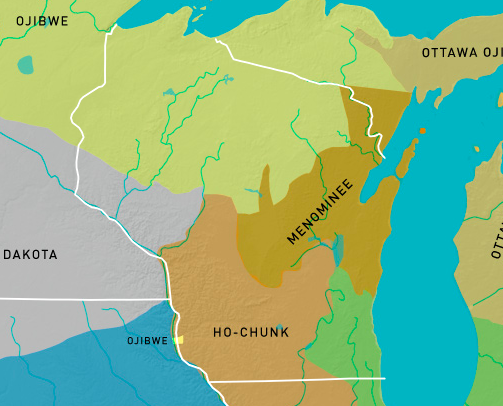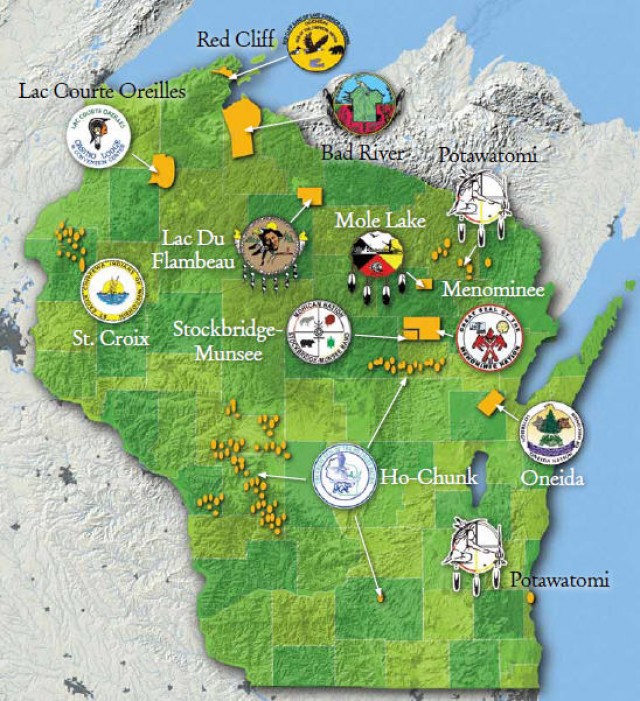After 24 years of education, 11 in higher education, I am just now becoming aware of American Indian sovereignty.
I’m finally beginning to see that the United States is a country whose territorial borders also include sovereign tribal nations. Or, looking at it another way, sovereign tribal nations borders parts of the United States of America.
Definition
What is sovereignty? And can it be limited?
One definition is, “the supreme, absolute, and uncontrollable power by which an independent state is governed and from which all specific political powers are derived; the intentional independence of a state, combined with the right and power of regulating its internal affairs without foreign interference.” 1
History
Indigenous peoples have lived here long before the United States of America. They’ve developed distinct languages, cultures, and means of living from the land. With colonization, agreements were struck in the form of treaties between 1778 and 1871.2
Like with all foreign nations, treaties with tribes are considered to be “the supreme law of the land” and are central to federal Indian law and the trust relationship.2 And it’s reflected in the courts. In one U.S. Supreme Court decision, Chief Justice John Marshall declared that “tribes possess a nationhood status and retain inherent powers of self-government.”2
Political Sovereignty
Retaining power via treaties, sovereignty ensures that tribes can make their own decisions in regard to their property and citizens.2 However, political sovereignty is not absolute. The United States government, through acts of Congress, can (and has often) intervened.
It’s confusing.
How can sovereignty be limited?
Another confusing matter is the relationship between state governments and sovereign tribes. Recently at the Wisconsin State of the Tribes Address, Chris McGeshick, Chairman of the Sokaogon Chippewa Community, asked for lawmakers to improve health care access on Indian reservations, let tribes open charter schools, and enforce laws such as the infringement on gaming.
Why should a sovereign ask a state government to intervene on their behalf?
Cultural Sovereignty
Anton Treuer said it best in Everything You Wanted to Know about Indians But Were Afraid to Ask: “why would we need sovereignty and tribal government if we were completely assimilated with the rest of America?” So the ability to sustain what matters most—culture and identity—is critical. It’s what makes a tribe distinct that’s important. I believe for tribes identity is often rooted in language and land. Both intertwine and foster a distinct community. Cultural sovereignty comes from within.3
Conclusion
To conclude my attempt at grasping sovereignty, I am aware that the premise of American Indian sovereignty stems from treaties, “contracts between two nations,” and that the right to maintain identity came at a great price and is an ongoing battle.4 In many ways, I believe sovereignty unites American Indian tribes in the battle to keep their rights—and to hold the Federal government accountable to their end of agreements.
Additionally, Indigenous peoples were not fully conquered or colonized; they continue to exist today through the sacrifice, perseverance, adaptation, and resistance of their communities. Indigenous peoples should not be referred to in the past tense.
I don’t understand why humans feel the need to conquer, take, and expand even if it means the destruction of other human beings.
Genocide is not anything I remember being in the pages of the books at school and local library.
– April Rodriguez
Exploration Resources
- Nation to Nation: Treaties between the United States and American Indian Nations http://americanindian.si.edu/nationtonation/
- Smithsonian special symposium: Nation to Nation: Treaties Between the United States and American Indian Nations http://www.youtube.com/playlist? list=PLS6nSmuURFJAw1ayMO7MhOJAQYBSH0Zax
Works Cited
1 Sovereignty. (n.d.) A Law Dictionary, Adapted to the Constitution and Laws of the United States. By John Bouvier.. (1856).
2 http://www.bia.gov/FAQs/
3 Coffey, W., & Tsosie, R. (2001). Rethinking the Tribal Sovereignty Doctrine: Cultural Sovereignty and the Collective Future of Indian Nations. Stanford Law & Policy Review, 12, 191.
4 Patterson, L. (2000). History and Status of Native Americans in Librarianship. Library Trends, 49(1), 182.




